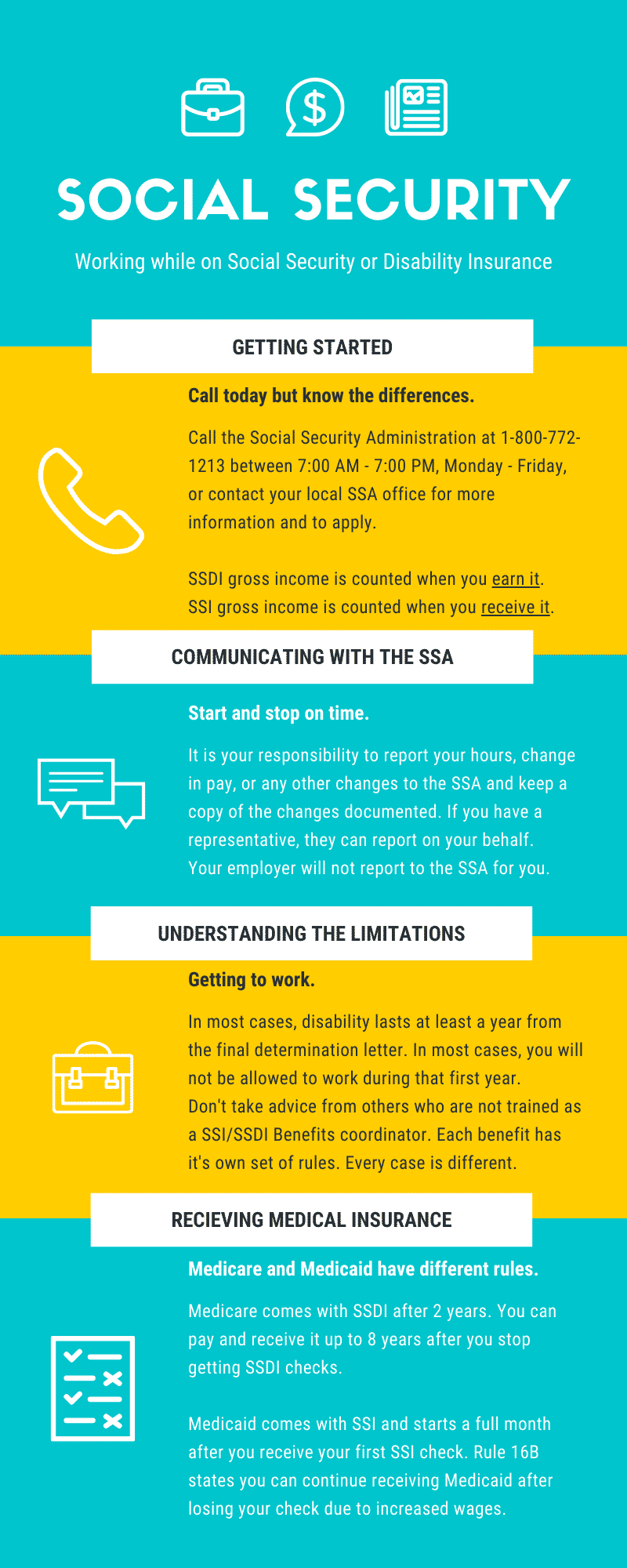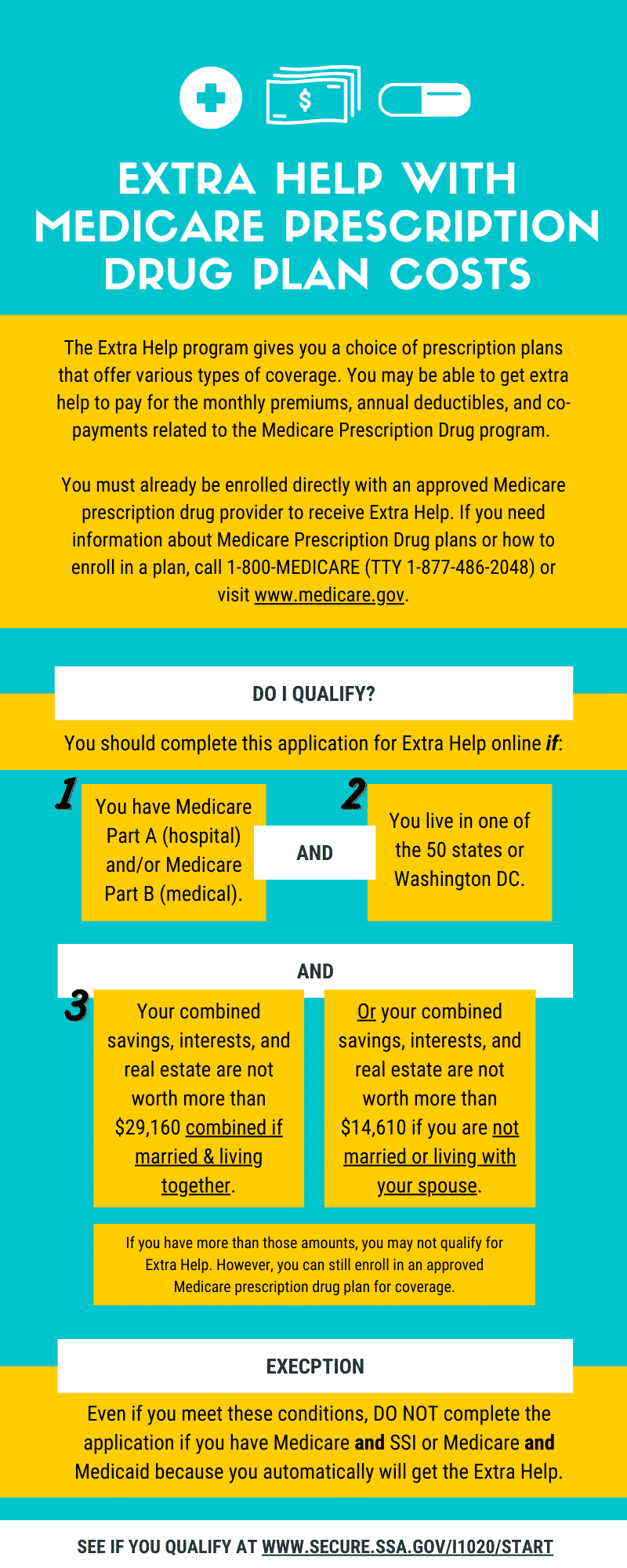Supplemental Security Income, or SSI, is a United States means-tested tax payer funded program that provides cash payments to individuals residing in the United States who have paid into social security and are eligible. Social Security Disability Insurance, or SSDI, is a payroll tax-funded federal insurance program of the United States government. It is managed by the Social Security Administration and designed to provide income supplements to people who are physically restricted in their ability to be employed because of a notable disability.
You may need to apply SSDI if mental illness keeps you from working, keeping track of money, or other things. You must be at least 18 years of age in order to apply for SSDI.
The Social Security Disability Insurance (SSDI) program pays benefits to you and certain family members if you are “insured,” meaning that you worked long enough – and recently enough – and paid Social Security taxes on your earnings. The Supplemental Security Income (SSI) program pays benefits to disabled adults and children who have limited income and resources.
How do I apply?
The disability benefits application process follows these general steps, whether you apply online, by phone, or in person:
- You gather the information and documents you need to apply. We recommend you print and review the Adult Disability Checklist. It will help you gather the information you need to complete the application.
- You complete and submit your application.
- We review your application to make sure you meet some basic requirements for disability benefits.
- We check whether you worked enough years to qualify.
- We evaluate any current work activities.
- We process your application and forward your case to the Disability Determination Services office in your state.
- This state agency completes the disability determination decision for us.
To learn more about who decides if you are disabled, read our publication Disability Benefits.


